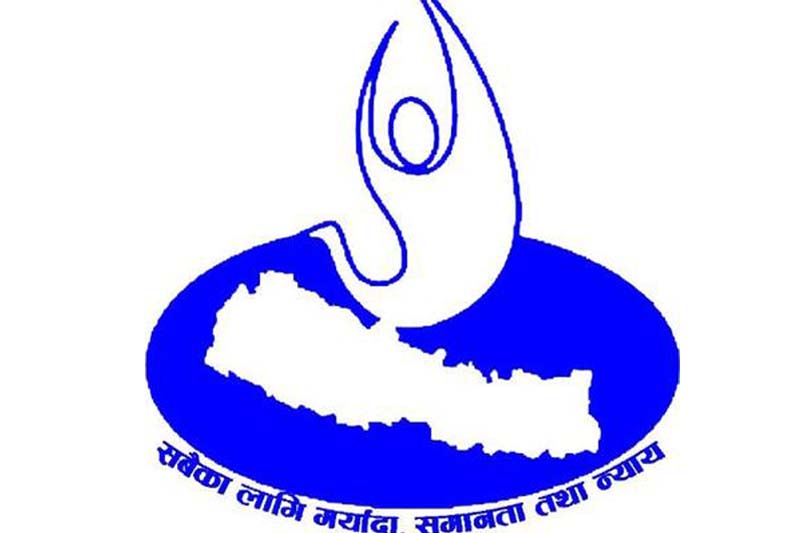‘Keep TRC, CIEDP out of politics’
Kathmandu, February 11
Rights defenders and conflict victims have cautioned that merely extending the mandate of transitional justice bodies would have no meaning if political meddling continued to hamper their functioning.
The terms of Truth and Reconciliation Commission and the Commission of Investigation on Enforced Disappeared Persons was extended by a year on Thursday.
The bodies were set up on 10 February 2015 with a two-year mandate.
During the period, they collected over 60,000 complaints of rights violation that allegedly took place during the Maoist insurgency.
These twin instruments, however, fell short of commencing investigation into rights violation complaints, mainly due to lack of necessary laws and resources as well as internal conflicts.
National Human Rights Commission Spokesperson Mohna Ansari said the government and political parties didn’t take transitional justice seriously and considered the establishment of TRC and CIEDP as a mere ‘ritual’.
She noted that internal conflicts within these mechanisms were reflected conflicting interests of political parties and their control over these mechanisms. These bodies have five members each, who were picked on the basis of their affinity to major political parties.
Ansari warned that if the transitional justice mechanisms failed to deliver, the entire process following the 12-point agreement would be derailed. The 12-point agreement was signed between the agitating seven-party alliance and Maoist rebels in New Delhi, India in November 2005 that paved the way for the Maoists to join mainstream politics.
She also pointed out that certain laws, including the one criminalising torture and forcible disappearances should be enacted immediately with retrospective provisions.
She also demanded early amendment to the TRC Act in line with the Supreme Court’s ruling, which quashed a provision of general amnesty to perpetrators of war-era crimes.
Chairman of the National Society for Conflict Victims and Nepali Congress leader Kul Bahadur Gurung said TRC and CIEDP had failed to deliver as they were made ‘mere puppets’ of political parties. “If political parties continue to exercise control over them, they will not be able to discharge their duties,” he said.
Human rights advocate Govinda Bandi said the TRC Act should be amended as per the Supreme Court’s ruling, and more power and autonomy should be given to these two bodies.
In addition, capacity of their staff should be enhanced to investigate war-era cases properly.
Sushil Kumar Shrestha, chairman of the Social Justice and Human Rights Committee of the Parliament, said these mechanisms would not be able to discharge their duties effectively if political parties continued to exercise control over them.






